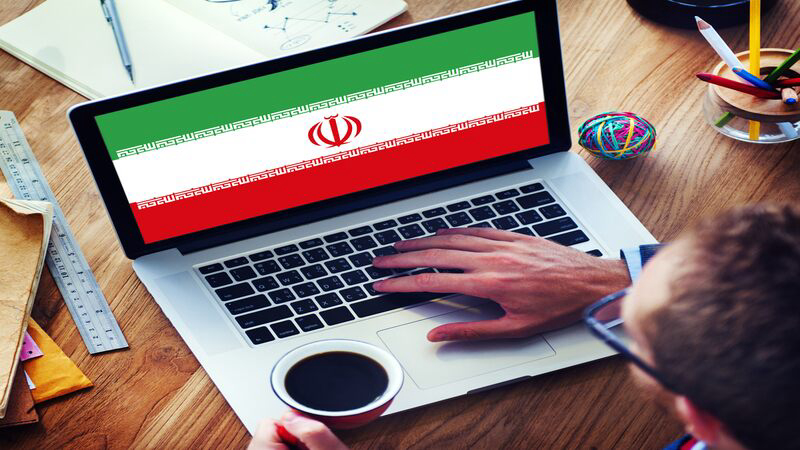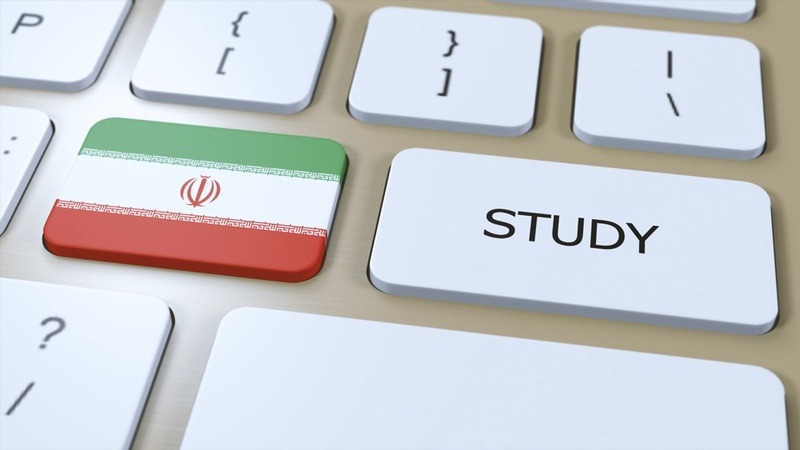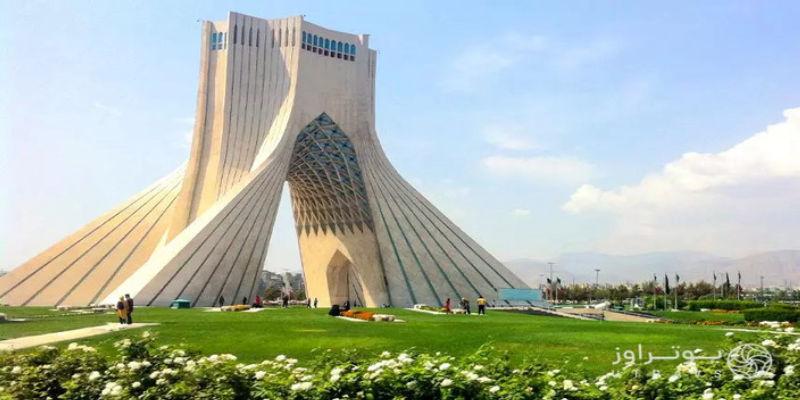Pursuing a master’s in Iran presents a valuable opportunity for students to study in Iran and advance their academic and professional careers within a diverse and evolving educational landscape. Iran's higher education system offers a variety of master’s programs tailored to different fields of study, accommodating both continuous and non-continuous pathways to suit varying academic backgrounds and career aspirations.
These programs are designed to cater to both Persian and international students in this country, with an increasing number of English-taught courses available, particularly in engineering, management, and medical sciences. For those looking to study in Iran, universities continue to expand their international campuses and enhance their academic offerings, making pursuing a master’s degree in this country an increasingly attractive option for those seeking quality education and professional growth. This guide delves into the various aspects of studying for postgraduates in Iran, including program structures, admission requirements, tuition fees, and the most sought-after fields of study.
Study Master's Degree in Iran
A master's degree is a level of higher education that requires a bachelor's degree as a prerequisite for admission. International students in Iran looking to study in Iran will find that completing postgraduates can be done in two ways depending on the field: either through a continuous or non-continuous program. In this country, admission to universities for postgraduate studies requires taking the master's entrance exam.
However, exceptional students may be allowed to enter the master's program without an exam if the university deems them qualified. International students in Iran who earn a master's degree gain a deeper understanding of their specialty and career focus. It signifies expertise and credibility in a specific field, offering more freedom within that area. This specialized knowledge enhances your skills in a particular field, giving you an advantage, especially as many employers are raising their educational requirements for emerging positions.
A non-continuous master's degree is a two-year program after completing a bachelor's degree, and admission to this program is through a graduate entrance exam. International students in Iran who are accepted into this program must complete 28 to 32 credit hours, with 4 to 10 credits allocated for the thesis, in order to earn a non-continuous master's degree. This program is considered a continuation of higher education in most fields, with the typical duration being two years, and the maximum duration for completing the program is three years.

A continuous master's degree is a higher education program that is offered in specific fields. The prerequisite for admission is having a high school diploma or pre-university certificate. Accepted students must complete between 172 and 182 credit hours, depending on the field, to earn the degree. The usual duration of this program is five years, and the maximum duration allowed is seven years. Admission to these continuous master's programs is through the national entrance exam.
At the end of research or research-based educational programs, students must present their thesis or dissertation to publish their ideas and research findings. This process begins with the development of a proposal, and once the proposal is approved and the topic is finalized, the thesis writing phase begins.
Some master's degree fields are particularly popular due to their good and lucrative job markets. While some of these fields may have been less significant or lower-paying in the past, they have seen a surge in demand today.
Currently, fields such as law, psychology, electrical engineering, mechanical engineering, industrial engineering, architecture, computer science, veterinary medicine, accounting, mathematics, management, civil engineering, library science, agricultural engineering, physical education and sports sciences, English language, physics, theology and religious studies, chemistry, education, information technology, visual communication, and others are highly sought after.
At the master's level, there are more English-taught programs available for international students who choose to study in Iran, and the government is placing greater emphasis on this compared to the undergraduate level. Universities have also focused more on this by establishing international campuses to support those who wish to study in Iran.
Requirements to Study Master's Degree in Iran
Most universities offer free admission processes, including application submission, review, and the issuance of acceptance letters. While many programs are conducted in Persian, there is a growing number of English-taught programs available, particularly in fields such as engineering, management, and medical sciences.
International students interested in Persian-taught programs are encouraged to complete a Persian language course, such as those offered at the Dehkhoda Institute. To enroll in a master’s program, applicants typically need a bachelor’s degree in a relevant field.
For students who choose to study in Iran, English-taught programs require an IELTS score of 6.0–6.5 or an equivalent English proficiency test, while Persian-taught programs require fluency in Persian or a certificate from a recognized language institute.

Tuition Fees to Study Master's Degree in Iran
Tuition fees vary significantly depending on the university, the chosen field of study, and the student’s nationality. On average, annual tuition costs range between €2,000 and €4,000, making higher education in this region relatively affordable compared to other parts of the world. However, certain disciplines, particularly medical sciences, tend to have higher fees due to the extensive resources and specialized equipment required.
Additionally, international students who choose to study in Iran may encounter different fee structures based on bilateral agreements or specific university policies. Some universities in this country also offer scholarships or financial aid options to help mitigate these costs, especially for outstanding candidates or those pursuing research-intensive programs. It's important for prospective students to thoroughly research the tuition fees of their desired programs and explore available funding opportunities to make informed financial decisions regarding their education while they study in Iran.
Conclusion
In conclusion, pursuing postgraduates in Iran offers international students in Iran a robust and affordable pathway to advanced education, catering to a wide range of academic interests and professional goals. With diverse program options, including both continuous and non-continuous tracks, and an increasing number of English-taught courses, Iranian universities provide a dynamic and inclusive environment for both domestic students and international students in Iran.
Navigating the application process can be complex, but you don’t have to do it alone. The PersiaStudy Team is here to assist you every step of the way, from selecting the right program to completing your application. With their expertise and support, you can confidently embark on your journey to achieving a master’s in Iran and advancing your academic and professional aspirations.
 Sign In with Google
Sign In with Google 